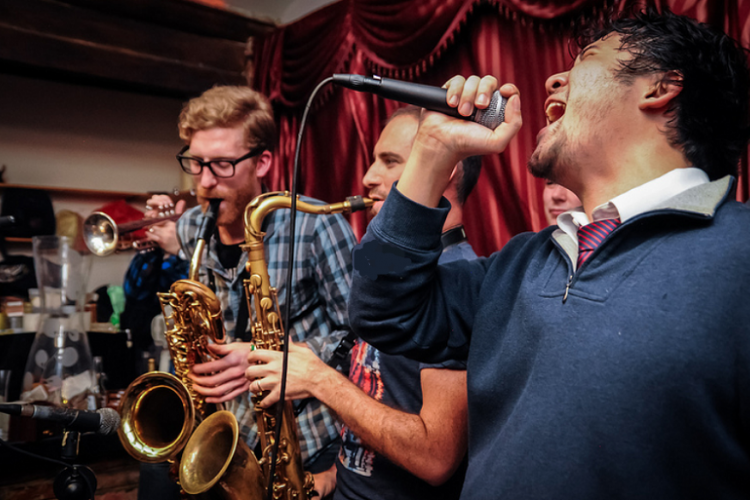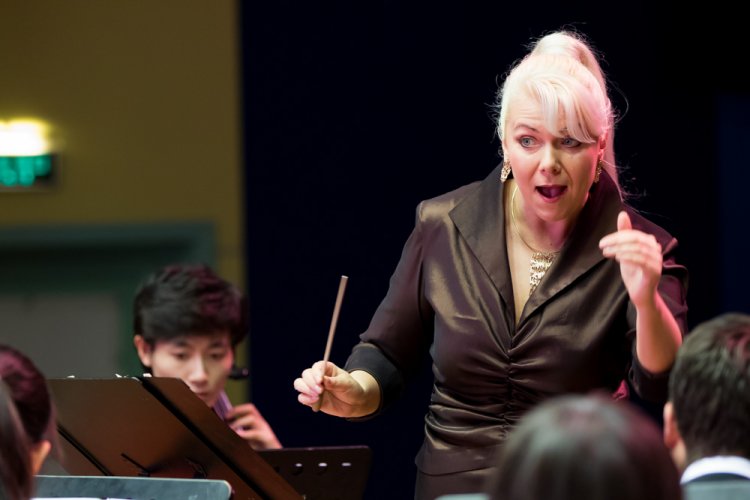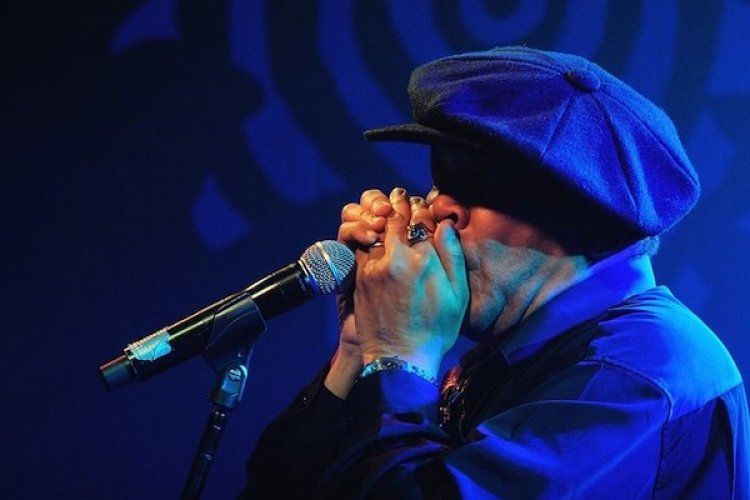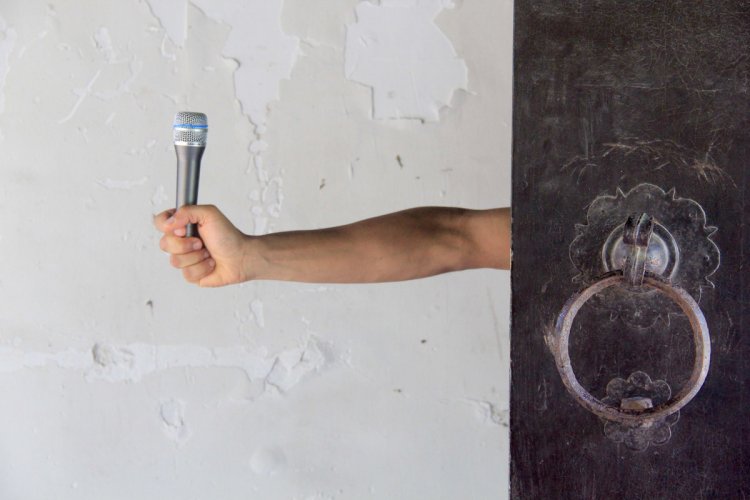Dramatic Gesture: Actress Shao Tianshuai on Kunqu Opera
Multi-functional clubhouse 9 Dynasty in Wangjing is one of two places in town with regular Kunqu opera performances. Agenda sat down with Kunqu actress Shao Tianshuai to talk opera, tradition, and aesthetics.
How much do you think a foreign audience can understand your performance?
I think art has no borders, not even across different countries. Kunqu opera includes both singing and dancing – the story is not only elaborated through the lyrics, but carried by the performance. Kunqu is known as the ancestor of hundreds of styles of opera in China, and a very big reason is its multiple performance forms. Also, we have both Chinese and English super-titles besides the stage, so I am sure the audience can understand a lot.
What’s the best way to learn how to appreciate Kunqu?
Understanding a bit of the history of Kunqu opera helps a lot. Then you have to relax and appreciate the performance with a tranquil mind. Finally, it is always better to choose a proper venue that hosts good shows.
When did you begin to study Kunqu opera? Was it difficult to learn?
I started to learn Kunqu opera when I was 13 years old. At the time I knew nothing about this ancient type of opera. My parents encouraged me to learn it. It is very difficult to learn. The crucial areas of training include singing, reading (learning to speak in the Kunqu theatrical style), gestures and kungfu (not real fighting). Each of these disciplines require a lot of hard work to master.
How long does it take you to dress and put on all your makeup for a performance?
Kunqu opera makeup is very spare and elegant. Zhou Enlai, the first Premier of China, once likened Kunqu to the simple refinement of an orchid. I usually start to prepare three hours before the show starts.
What’s your favorite play to watch and to perform?
Peony Pavilion.
As a performer, how much do you know about other types of operas (Peking opera, Italian opera), and what do you think of them?
Other than Kunqu, I only know a little bit about Peking opera. Peking opera is similar to Kunqu in many ways, probably because they are both Chinese operas. However, the performance styles for the two operas are very different. Peking opera developed during the Qing dynasty, and today it is regarded as China’s national opera. Kunqu opera, on the other hand, originated in the Ming dynasty. Both operas have splendid historical tradition, and both have ample artistic charm.
When and where did you give your most unforgettable performance?
I performed at NCPA as part of the performance for the 60th anniversary of China. It was a very intense performance, and the Kunqu session was short, but it was such a memorable moment that I don’t think I will ever forget.
9 Dynasty Performances Wed, Sat from 8.30-9.10pm. RMB 299-999. 39-1 Beisihuan Donglu (northwest corner of Wangjing Qiao), Chaoyang District. (6439 3699/5899) 九朝会, 朝阳区北四环东路39-1号(望京桥西北角)
Nanxincang Imperial Granary Performances Fri, Sat. RMB 380-1,980(all prices include a buffet dinner). 7.30-9.10pm. Nanxincang, 22 Dongsishitiao, Chaoyang District. (6409 6477/99) 皇家粮仓, 朝阳区东四十条22号南新仓






